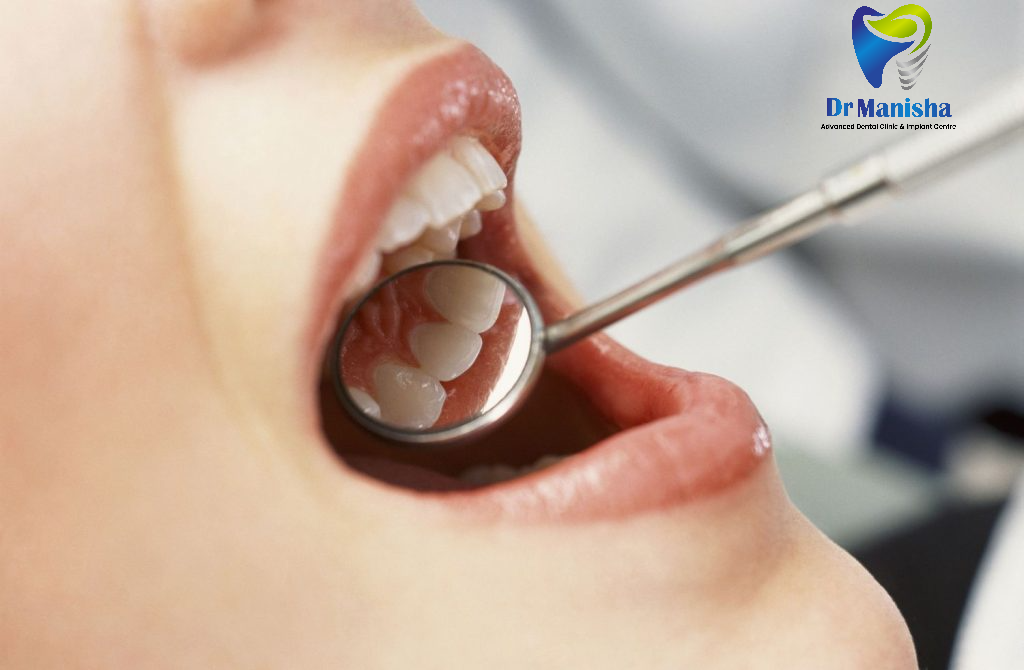Introduction
Cavities are one of the most common dental problems affecting people of all ages. From children who love sweets to adults with busy lifestyles, no one is completely immune. Yet, cavities are also one of the most preventable and treatable oral health issues. By understanding how they form, what signs to look for, and how to stop them in their tracks, you can protect your smile for life. If you’re looking for expert help, visiting the Best Dental Clinic in Pimpri-Chinchwad ensures you get top-notch care and guidance for cavity prevention and treatment.
What Are Cavities?
Cavities, also known as dental caries or tooth decay, are permanently damaged areas in the hard surface of your teeth that develop into tiny holes or openings. They are the result of a process that involves bacteria, sugar, acids, and your tooth enamel.
Here’s how a cavity typically forms:
-
Bacteria in the mouth feed on sugar from food and drinks.
-
This creates acid, which begins to erode the tooth enamel.
-
Over time, the acid wears down the enamel, forming a hole or cavity.
-
If untreated, the decay spreads deeper into the dentin and pulp, leading to pain, infection, and even tooth loss.
Common Signs of Cavities
Cavities often start without noticeable symptoms, which is why regular dental checkups are crucial. As the cavity worsens, you may experience:
-
Toothache or spontaneous pain
-
Sensitivity to hot, cold, or sweet foods
-
Visible holes or pits in your teeth
-
Brown, black, or white staining on tooth surface
-
Pain when biting or chewing
Risk Factors for Cavities
Several lifestyle and health factors increase your risk of developing cavities:
-
Poor oral hygiene
-
Frequent snacking or sipping sugary drinks
-
Dry mouth (low saliva production)
-
Worn dental fillings or devices
-
Acid reflux disease (can bring stomach acid to the mouth)
-
Infants fed before sleeping with bottles of milk or juice
How to Prevent Cavities
The best way to treat cavities is to prevent them before they start. Here are some expert-approved prevention tips:
1. Brush Twice a Day
Use fluoride toothpaste and a soft-bristled brush to clean your teeth thoroughly. Brushing removes plaque, food particles, and sugars that feed harmful bacteria.
2. Floss Daily
Flossing gets rid of plaque and food stuck between your teeth where your toothbrush can’t reach.
3. Rinse with Mouthwash
Use an antimicrobial or fluoride mouthwash to reduce bacteria and strengthen enamel.
4. Limit Sugary Foods and Drinks
Avoid frequent snacking, especially with sugary items like soda, candy, or sticky snacks. Sugar fuels the bacteria that cause cavities.
5. Stay Hydrated
Drinking water—especially fluoridated water—helps rinse away food particles and bacteria, and keeps saliva flowing.
6. Get Regular Dental Checkups
Visit your dentist every 6 months for a thorough cleaning and early detection of any dental issues. The Best Dental Clinic in Pimpri-Chinchwad offers complete cavity assessments and personalized dental care.
7. Consider Dental Sealants
Sealants are protective coatings applied to the chewing surfaces of the back teeth, where cavities often form. They’re especially effective for children.
How Are Cavities Treated?
The treatment for a cavity depends on its size, location, and severity. Here are the most common treatment options:
1. Fluoride Treatments
If a cavity is caught very early, a fluoride treatment may help remineralize the enamel and reverse the early stage of decay.
2. Dental Fillings
Once decay has progressed past the earliest stage, your dentist will remove the decayed portion and fill the hole with a material such as resin, amalgam, or porcelain.
3. Crowns
If the decay is extensive and weakens the tooth, a crown may be placed over the tooth to restore its shape and strength.
4. Root Canal Treatment
When decay reaches the pulp (inner nerve tissue), a root canal is needed. The infected tissue is removed, and the tooth is sealed to prevent further infection.
5. Tooth Extraction
In severe cases where the tooth cannot be saved, it may need to be removed and possibly replaced with a dental implant or bridge.
Cavities in Children: What Parents Should Know
Children are especially vulnerable to cavities due to poor brushing habits and a high intake of sweets. Baby teeth are important for speech development and to hold space for adult teeth. So early intervention is key. Pediatric dentists at the Best Dental Clinic in Pimpri-Chinchwad can help teach kids healthy dental habits and provide preventive treatments like fluoride applications and sealants.
Conclusion
Cavities may be common, but they are completely preventable and highly treatable when caught early. Consistent oral hygiene, mindful eating, and routine dental visits are the pillars of a cavity-free mouth. If you suspect a cavity or just want to ensure your teeth are in top shape, don’t delay. Visit the Best Dental Clinic in Pimpri-Chinchwad today to get expert advice, preventive care, and treatment tailored to your dental needs.

